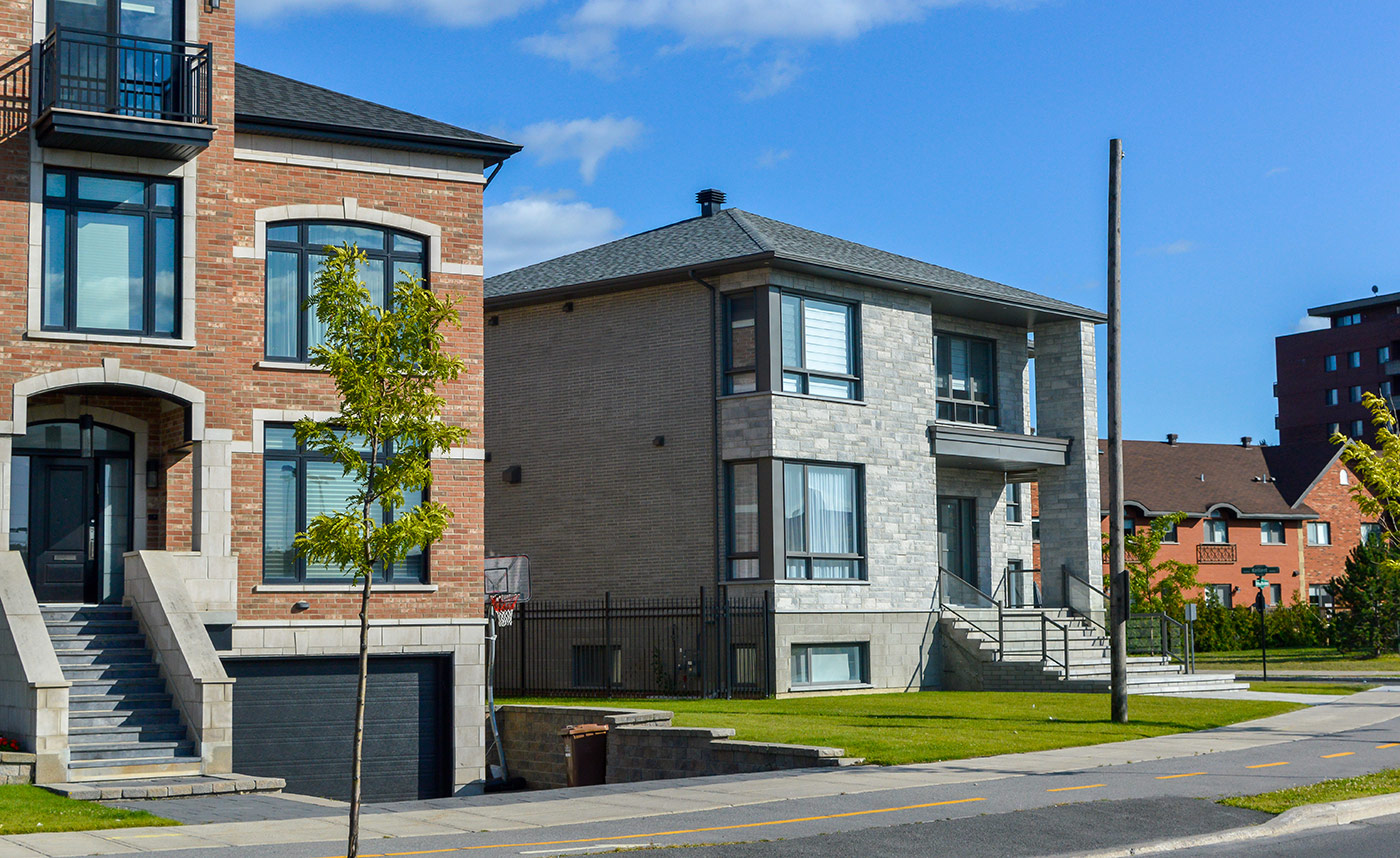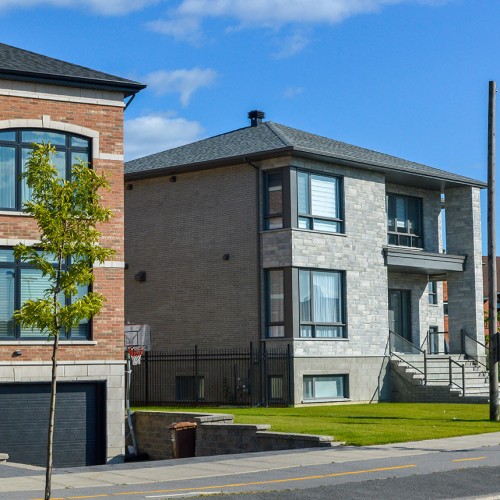Developing good reflexes
Even if real estate is a relatively low-risk investment, you may still have to deal with certain uncertainties and spend considerable amounts of money at the start of the proceedings. Furthermore, municipal and school taxes, as well as the “welcome” tax can hurt a little less if you keep in mind that they will be offset by rental income.
Start with a sound financial analysis. A duplex requires less involvement, but generally has a lower return than a triplex or fourplex. Make sure that the rent covers your mortgage payments, or at least reduces them enough. See if the building you’re after requires considerable improvements or renovations. It’s also wise to study the neighbourhood to get a sense of any rental obstacles and potential value increases over the long-term. Once you have all the necessary information, draw up scenarios according to interest rates, costs, inflation, etc.
Although buying a plex shares certain aspects with managing a business, your down payment will not yield immediate returns. Patience is the name of the game here.
Check out our file for first-time buyers to find out more.
To calculate your return on investment, start off by subtracting your operational expenses, including mortgage interests, from your revenue, then divide that amount by the amount of the down payment you put on the building. This percentage represents your annual yield. In order for the purchase of a plex to pay off, the return on investment must be higher than the mortgage interest rate.

Specific requirements for down payments
Building up a sufficient down payment is no small feat. On top of that, certain specific conditions apply when purchasing an income property.
Indeed, the down payment required to purchase a plex varies according to how many units it holds, and if you plan on living in the building or not. The minimum amount required is equivalent to 20% of the property’s value. However, if it’s a duplex that will be occupied by the owner, the amount falls to 5%. In the case of a triplex or fourplex, it increases to 10%.
Read our article for more tips regarding your down payment.
Why not consider an intergenerational home?
The Quebec government defines an intergenerational home as “a housing concept that enables a family to live with their aging parents, in a single-family home that is composed of two independent dwellings of different sizes. ” However, according to a study conducted by the Fédération des chambres immobilières du Québec, it’s a risky investment. Furthermore, municipalities often have specific requirements for these types of houses. The fact that they must be suitable for functionally dependent seniors often creates unforeseen renovation or maintenance expenses.
Such a transaction can, however, prove to be interesting for a child who purchases a intergenerational home to house his parents. Indeed, the rent collected for the parents’ dwelling will go towards the mortgage payments.
Some municipalities offer financial assistance to help transform a building to conform with existing requirements. The Société d’habitation du Québec offers a Residential Adaptation Assistance program, as does the City of Montreal with its Major Residential Renovation or Renovation à la carte program. Definitely something to keep in mind! Find out more about programs and grants here.
To sum it up, a life-changing project such as purchasing an income property requires quality partners. Contact a Multi-Prets broker who will help you find the ideal solution for your needs.

Key takeaways
- A duplex requires less involvement, but generally has a lower return than a triplex or fourplex.
- The down payment required to purchase a plex varies according to how many units it holds, and if you plan on living in the building or not.
- It’s riskier to invest in an intergenerational property.

